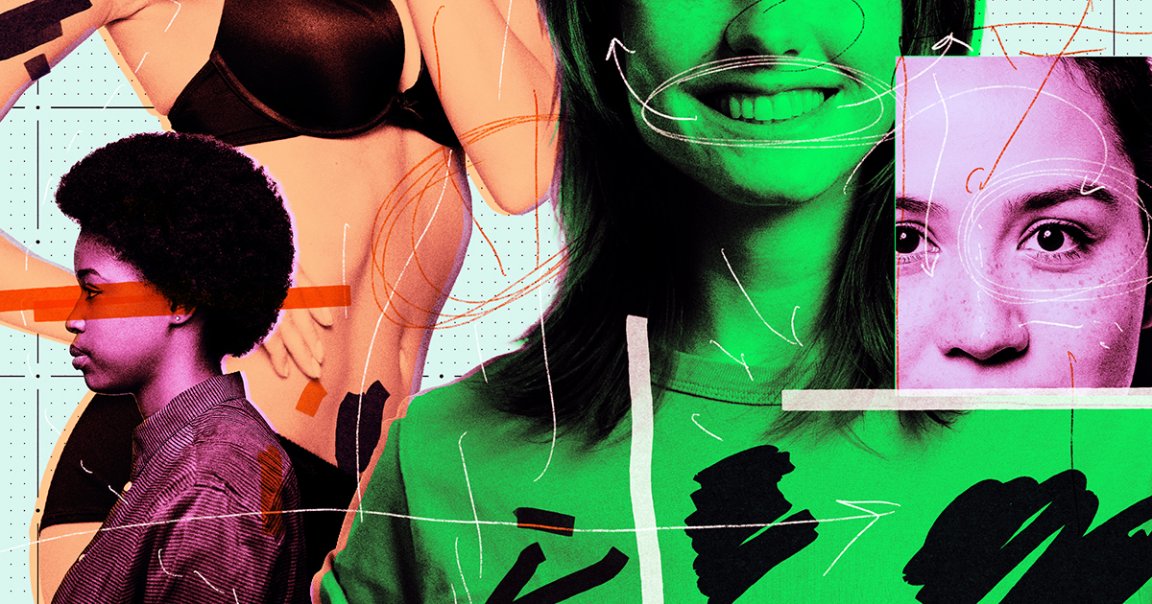
People are using ChatGPT for things its creators never even imagined — including, in a decidedly “Black Mirror” twist, to solicit feedback on how to better conform to society’s norms around attractiveness.
As the Washington Post reports, women struggling with self-worth and body image issues have taken to asking the OpenAI chatbot, and others like it, for advice on how to be, in the parlance, “hotter.”
What’s worse: despite years of evidence showing how weird chatbots can get when it comes to providing advice, multiple women in their early 30s told the news outlet that they’d had good experiences getting ChatGPT to critique their looks and bodies.
“People filter things through their biases and bring their own subjectivity into these sorts of loaded questions,” explained Ania Rucisnki, a 32-year-old in Australia who said she uploaded her photo to the chatbot and asked it how she could look better. “ChatGPT brings a level of objectivity you can’t get in real life.”
That assumption, while intriguing, isn’t entirely correct.
Though OpenAI and other companies have worked to tamp down human prejudice from their chatbots — which we’ve encountered the hard way on multiple occasions over the years — they’re still rife with bias. The very concept of AI being objective is starting to shift as models like OpenAI’s o-series reasoning models are trained to learn, with many missteps, how to have emotional intelligence and empathy.
When Kayla Drew, also 32, asked ChatGPT for advice on various aspects of her looks, from her skin and hair to clothes and makeup, it gave her suggestions that ultimately led to roughly $200 in purchases. Though OpenAI doesn’t yet make money from any links it includes during such exchanges, the company has said that it’s exploring ad revenue as a future income stream — and others, like Perplexity, are already making money from in-chatbot advertising.
“Today I asked about whitening my teeth, and she [yes, this person uses ‘she’ pronouns to refer to ChatGPT] was like, ‘Make sure your dental hygiene is good,’ and I was like, ‘Damn, girl,'” Drew told WaPo. “Nobody else would come up to me and say that. It was pretty cool because I guess I needed to hear it.”
Of course, it’s hard to suss out how “make sure your dental hygiene is good” would be considered particularly actionable advice for questions about teeth whitening. According to Emily Pfeiffer, a commerce analyst with the business consultancy Forrester, that sort of thing is par for the course with AI, which “just echoes what it’s seen online.”
“Much of that has been designed to make people feel bad about themselves and buy more products,” Pfeiffer said.
More on AI and women: AI Is Replacing Women’s Jobs Specifically